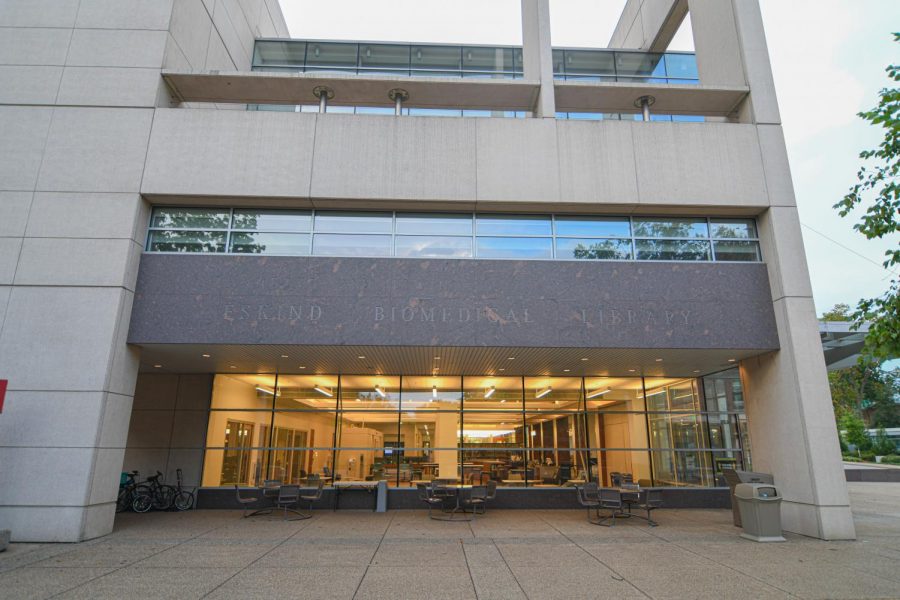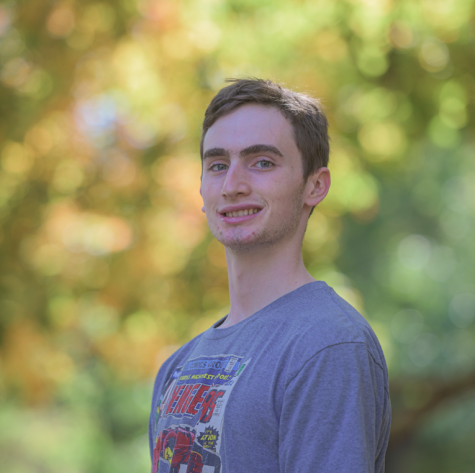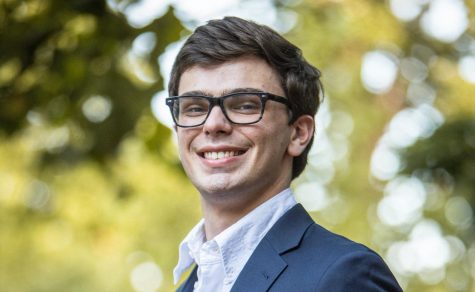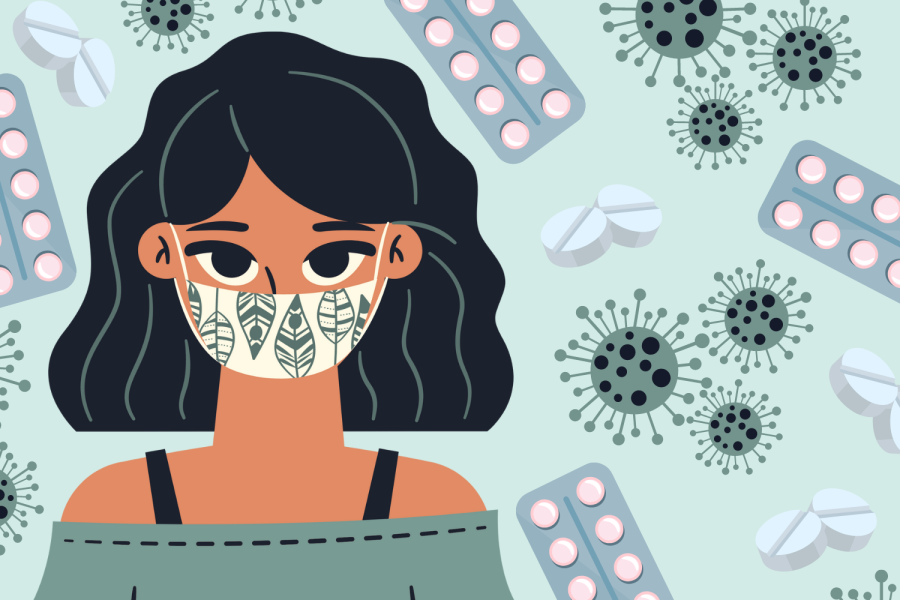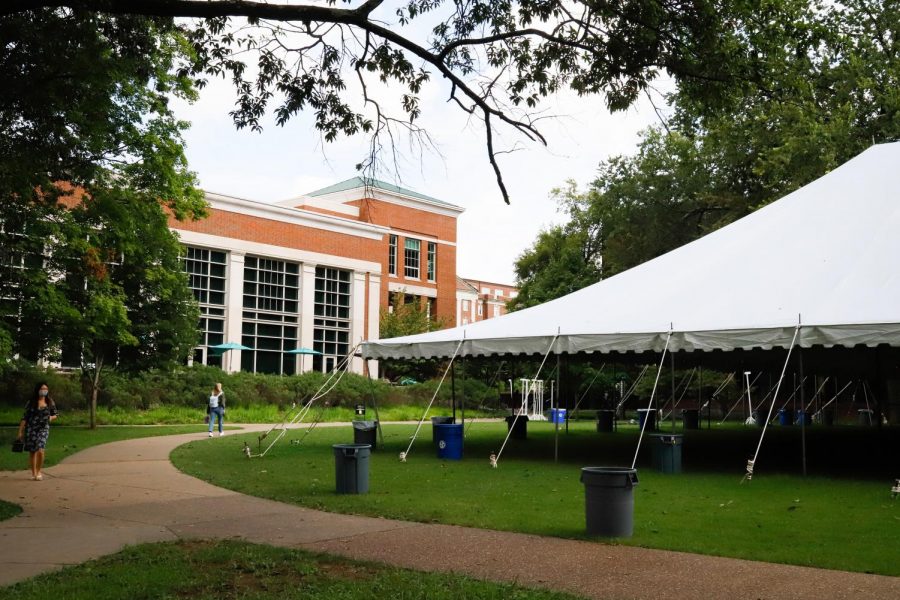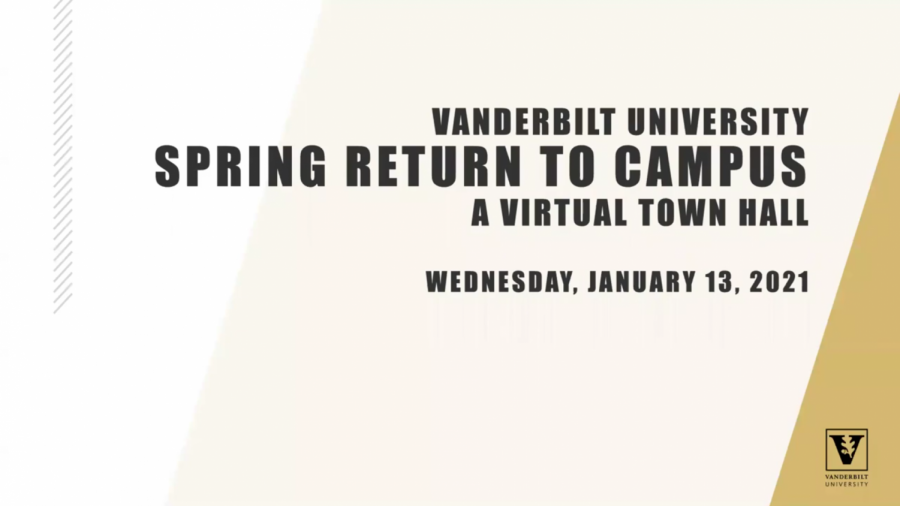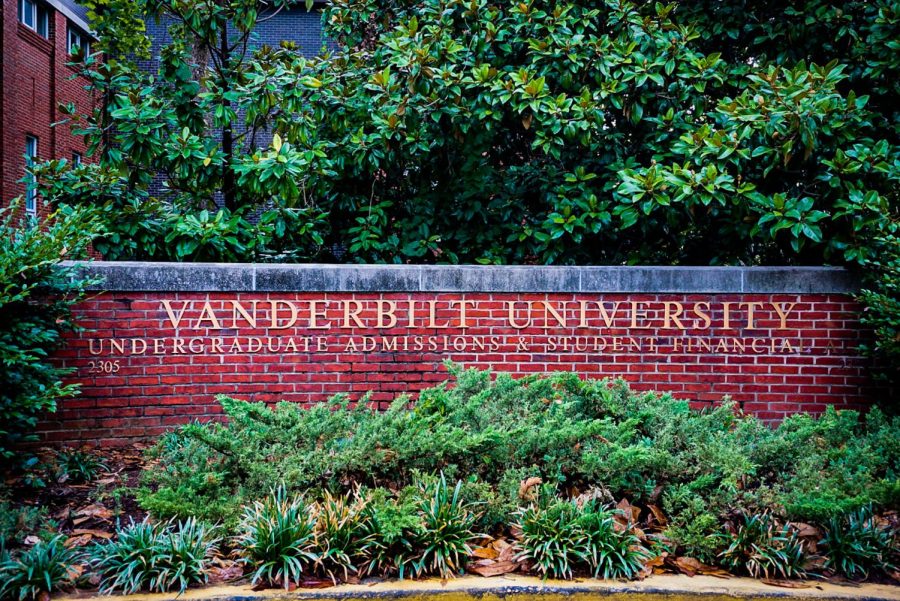With the transition to online classes and activities, research labs have transitioned to a virtual learning environment in compliance with Vanderbilt’s Return to Campus policies.
The research ramp-up team, formed with the efforts of staff and faculty across the ten undergraduate and graduate schools, implemented a four-phase policy for resuming research activities on and off campus. Currently, Vanderbilt is in Phase II+ for resuming research activity on campus where researchers can update their on-campus research protocol.
The research policy applies to all research activities, including arts and humanities, social sciences, engineering and natural sciences. Per the research website, in order to get involved with on-campus or off-campus research as an undergraduate, a Principle Investigator (PI) or mentor must fill out a form to receive approval from the appropriate supervisory entity.
Depending on the type of research, some students have been able to continue their work with minimal interference. Kaelon McNeece, a sophomore researching metabolic rate sensors, said that he has continued working on his project from his off-campus apartment. However, he noticed how other students in his research group Syburre were affected because their research was suited to a lab environment.
“Most of my work has stayed pretty much the same and I have been given all the supplies I need,” McNeence said. “But there are other members whose work is an exclusively wet lab, dealing with biological specimens that cannot be taken home and need to be kept in a controlled environment. Some of these students won’t be able to access their lab for a while so their work now consists of writing and reading papers.”
In the neuroscience department, research is a necessary component of the learning environment curriculum where majors must complete two semesters of independent research. In response to the decrease in research opportunities, Elizabeth Catania, director of undergraduate research and independent studies in neuroscience, said that she has been coordinating with labs to ensure that students can still get the same opportunities.
“In Phase II+, there’s still not full capacity in the lab,” Catania said. “And for some labs they can’t take in any more people, so that was something we were worried about. But I will say the neuroscience department has been very successful getting students into labs as our research numbers have remained similar to those in the past two years.”
For labs like Research on Conflict and Collective Action Lab (ROCCA) , sophomore and lab assistant Chloe Hall stated that undergraduate students have taken advantage of the shift to virtual learning. Drake White, a junior also working in the ROCCA lab, commented on how the lab specifically used previous experience with online research before COVID-19.
“This year has definitely been an adjustment, but the majority of ROCCA’s research is conducted online through literature readings, accessing data and creating data from online sources, so the transition has been pretty smooth,” White said.











